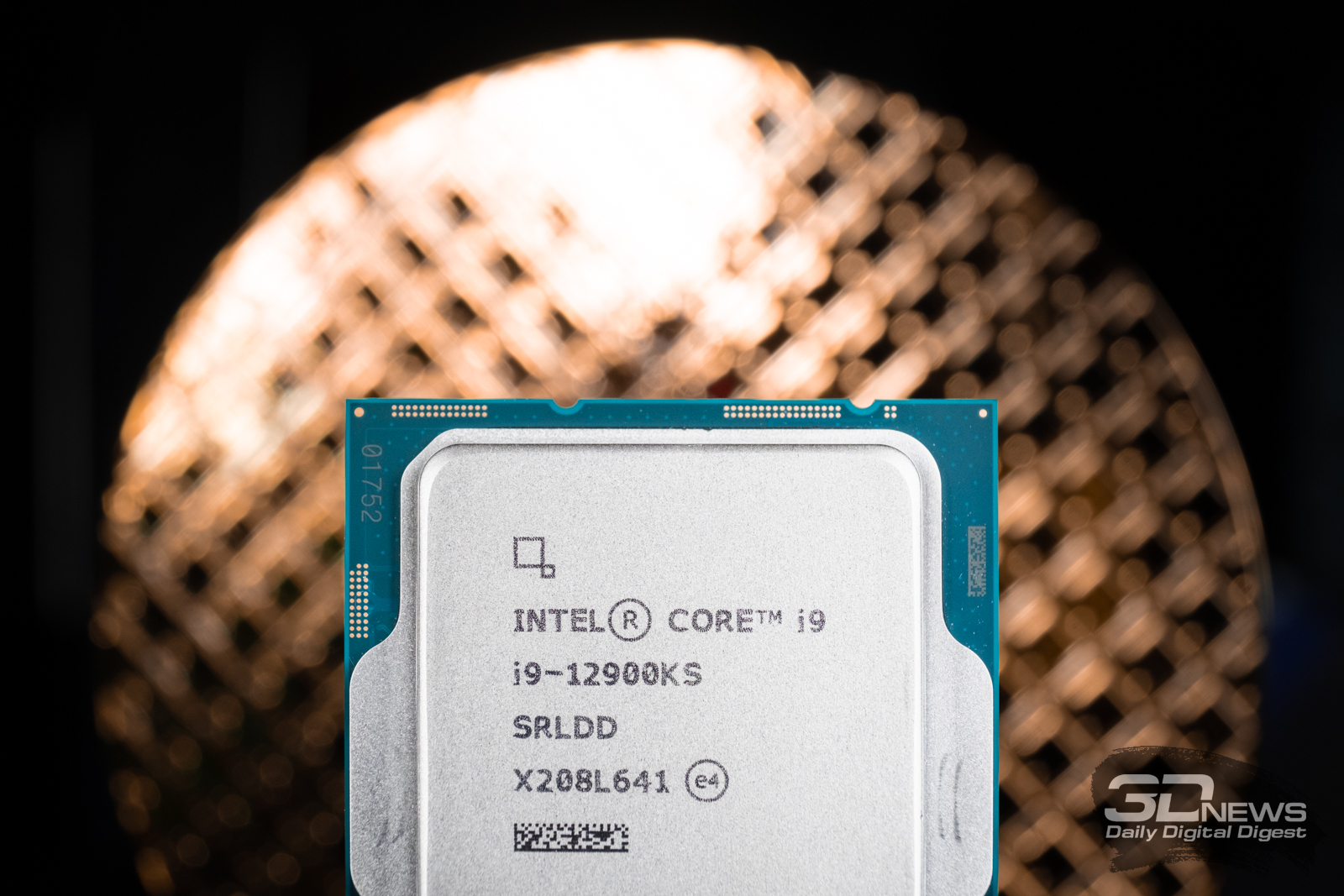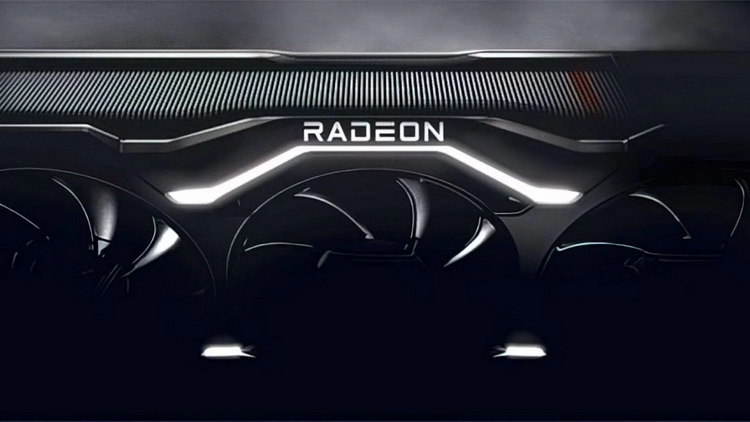
Special Edition processors are not a new phenomenon, both AMD and Intel periodically released such products.However, for the last few years only Intel has been using this option.Under this brand it offers overclocked variants of flagships, which solve some marketing tasks, for example, give it formal grounds to declare itself a leader.For example, the last \"special processor\" Core i9-9900KS hit the market at the end of 2019, and its tasks included something to respond to the 12- and 16-core Ryzen.This response then turned out to be asymmetrical, since the superiority of AMD in multithreaded performance Intel countered the additional increase in gaming performance, but its audience Core i9-9900KS still found.Among the Core 10th and 11th generation processors no special models were released, but this does not mean that Intel has forgotten about the old practice.With the arrival of the Alder Lake family on the market, the company had in its hands an advanced processor design that allowed it to take over the initiative in the performance race.However, AMD's desire to introduce 3D V-Cache processors with significantly increased gaming potential made Intel worry that the hard-won leadership could slip their hands again.So the company decided to recall its old tricks and developed the Core i9-12900KS Special Edition, an unscheduled processor with legal overclocking up to 5.2-5.5GHz, meant to refute AMD's claims that Ryzen 7 5800X3D with 96-Mbyte L3-cache is the new king among gaming CPUs. However, it looks like some unproductive marketing activity provoked by some pinched ego, because the appearance of Core i9-12900KS is hardly able to change something fundamentally in market situation.Firstly, this processor is too different from Core i9-12900K by frequency characteristics, but it is significantly different from it by price.Secondly, the prefix Special Edition again means that in the name of ephemeral performance increase Intel has not only organized the selection of the most successful semiconductor chips, but also sacrificed thermal and power characteristics to quite a large extent.Nevertheless, Intel seems to be sure that the Core i9-12900KS will be bought anyway.At least while the last \"special\" processor was a limited edition, now there is no question about the finality of the supply.That is, the Core i9-12900KS is built into the existing range, and to find it on sale does not need to make any special efforts (of course, not about Russia).Another thing, it is not quite clear whether it is worth preferring the new flagship to the regular Core i9-12900K? ⇡#Core i9-12900KS in detailsBriefly speaking, Core i9-12900KS is an accelerated version of Core i9-12900K with the same core lineup (8 performance Golden Cove cores and 8 energy efficient Gracemont cores), but with slightly higher frequencies: P-core can take 5.2-5.5GHz, and E-core - 4.0GHz.Core i9-12900KSCore i9-12900KKKcores16 (8P+8E)16 (8P+8E)Fluxes2424 P-core frequencies, GHz3.4-5.53.2-5.2 E-core frequencies, GHz2.5-4.02.4-3.9PBP, W150125MTP, W241241L3-cache, Mbytes3030MemoryDDR4-3200 DDR5-4800DDR4-3200 DDR5-4800Inbuilt graphicsUHD 770UHD 770PCIe16 lines 5.0 4 lines 4.016 lines 5.0 4 lines 4.0Price$739$589The table shows that the Core i9-12900KS differs from the Core i9-12900K not only in frequencies but also in the PBP (Processor Base Power), which is the heat pack.It's supposed to be 20% hotter overall, while its marginal consumption should fit into the same MTP (Maximum Turbo Power) value of 241W.However, all these declarations have no practical value and are only formal.PBP and MTP values are not used by motherboard manufacturers, which completely breaks all limits of consumption for Intel's flagship processors.When announcing the Core i9-12900KS, Intel did not tell us about any technological differences from the Core i9-12900K, focusing only on the increased clock speed, which in turbo mode can reach 5.5 GHz.Nevertheless, this processor is not just a maximally overclocked version of the flagship Alder Lake.In addition to the selection of the most successful semiconductor chips and expanding the scope of the thermal package, another trick was used.The Core i9-12900KS sees the return of the widest possible set of automatic boosts that previous generations of Intel processors already had, but didn't have in Alder Lake.So the Core i9-12900KS for its P-core supports Thermal Velocity Boost (TVB) and Adaptive Boost Technology (ABT), which Intel used last time


0 Comments